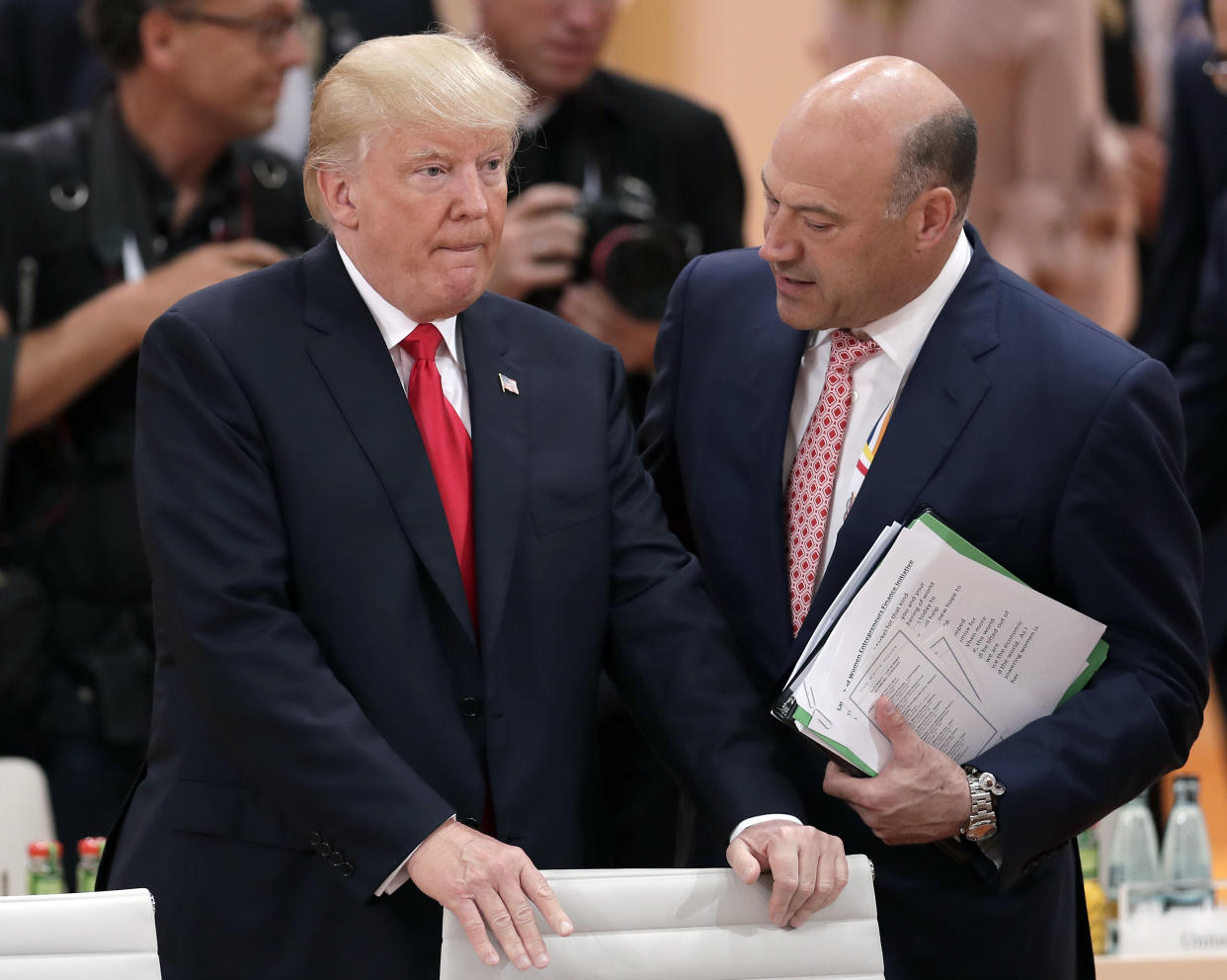Almost half of US adults "don't know anything about" Trump tax proposal

President Donald Trump unveiled his tax plan earlier this month. But despite tweets and extensive news coverage, the public holds a massive blind spot about the plan’s details, its potential effects on taxpayers and their own financial situation.
According to survey data of 1,570 adults compiled by data-driven marketing company Fluent, many people are still in the dark over proposals that could affect their finances and the economy significantly over the coming years should Trump’s tax plan become law.
Not everyone is expected to recite the details of the proposal, but the survey yielded a particularly surprising result: Only 53% of Americans had heard about Trump’s tax proposal. A sizeable 47% of survey respondents said they didn’t know anything about it.
Trump’s tax plan, broadly speaking, collapses the seven-bracket system currently employed to a three-bracket model, lowering the highest tax bracket to 35% from 39.6% and raising the lowest bracket to 12% from 10%. The middle brackets would be condensed to a 25%, though it’s not immediately clear which ones will be grouped with the highest and lowest or remain in the middle. In addition, Congress may add a fourth bracket for ultra-high earners, the cutoff and percentage has not been specified and will be up to them if they proceed. For businesses, the proposal also slashes the corporate tax to 20% from 35%. Besides the brackets and rate changes, the tax plan would double an individual’s standard deduction to $12,000 for individuals and $24,000 for joint-filers.
These changes are some of the largest to the tax system in decades, but 55% of the people who are familiar with the proposal have no idea about the proposal’s potential effects. For the rest of that same group, 20% think it will help them and 25% think it will hurt them.
Results show an expected partisan gap occurred between Trump supporters and non-Trump supports. Fifty-one percent of people who do not support Trump — Democrats, Republicans, and independents — view the changes as a massive tax cut for the wealthy. Fifty-four percent of Trump supporters, who the study found favor a single income-tax bracket for all, see it as a chance for economic stimulus, and 51% think it will help the middle class. Just 12% of those anti-Trumpers agree.
The survey also sought to reveal what people want their tax dollars spent on. For both Trump supporters and non-supporters, health care and education led the way by a significant margin, though the ‘Make America Great Again’ crowd put military spending as a close third behind education. With the exception of military spending, priorities were almost identical similar in-line across party and Trump divides, with health care, education, military, infrastructure, justice, safety net-style programs, and foreign aid prioritized in that order.
Ethan Wolff-Mann is a writer at Yahoo Finance. Follow him on Twitter @ewolffmann. Confidential tip line: emann[at]oath[.com].
Read More:
Consumer watchdog is killing ‘payday loans’ — here’s what will take their place
Equifax’s breach is an opportunity to fix a broken industry
ATM fees have shot up 55% in the past decade
Big bitcoin-friendly companies like Microsoft and Expedia hedge their bet
The real reason Mexico will never pay for the Trump’s wall: It’d be ‘treason’
How Waffle House’s hurricane response team prepares for disaster
Trump weighs slashing one of the most popular tax deductions
A robot lawyer can fight your parking tickets and much more
Consumer watchdog is making it easier for consumers to sue banks

